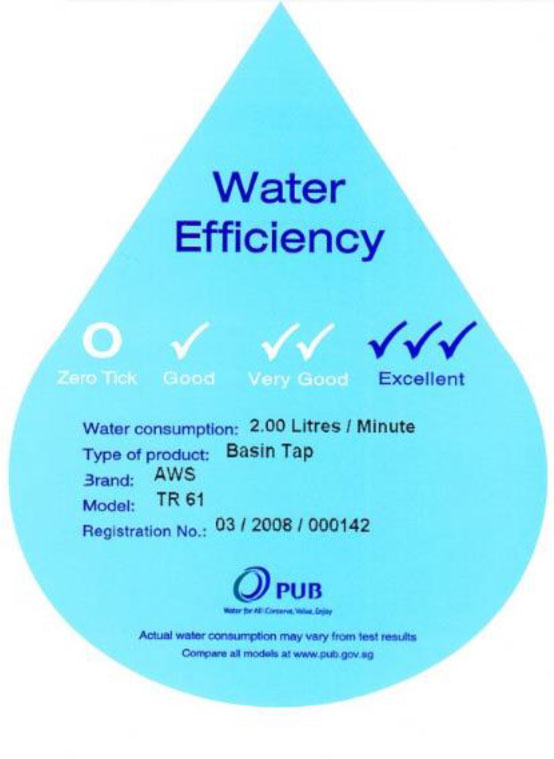Living in Australia means that we are in a constant drought and any and all our water is precious. This also means that when using our appliances or even purchasing new ones it’s important to understand how they save our water.
How new appliances reduce water usage
Dishwashers- For years there has been a debate on how dishwashers save you more water than hand washing, and it’s completely true! The average energy star-rated dishwasher uses about 4 gallons per cycle/ wash, and their energy use ranges from 1.59kWh per load down to 0.87 kWh per load. However, hand washing your dishes generates about 2 gallons per minute so if you have a lot of dishes and are constantly refilling your sink you are more likely to use much more water than the average dishwasher. If you only have a few small dishes though you might get away with a little hand washing.
Washing Machines- About 30% of a households water usage comes from the laundry so ensuring your washing machine is as energy efficiency is so important. Much like the dishwashers using your washing machine saves gallons of water and honestly who wants to hand wash their clothes anyway. Washing machines save water through the rotation, this rotation cleans clothes more thoroughly and quickly, therefore, reducing water usage.
What you can do to save water with your appliances
Even if you buy an energy efficient appliance you can still reduce your water usage even more through doing a few simple changes.
Check for and repair any leaks- Simply changing water hoses can be easy and inexpensive and save much more money in the long run.
Don’t rinse the dishes- There’s no need to rinse your dishes in the sink before putting them in the dishwasher. Scrape them, and let the dishwasher do the rest.
Do full loads of laundry- or select the appropriate water level for the size of the load you’re washing.
Wash with cold water- The time it takes for water to heat up costs you more money in energy bills and uses more water while waiting for it to heat up. So using cold water saves money, time and energy.
Determining how efficient your appliance is
Thankfully there are many ways you can determine the level of efficiency in your home appliances. There are two really easy ranking systems that do this for you. One is the energy star ratings and the WELS ratings.
WELS Ratings
WELS stands for Water Efficiency Labelling and Standards scheme, created by the Australian government this rating system helps you compare a range of products so that you can make an informed decision when purchasing a new appliance.
They determined that using more efficient appliances could save Australians more than $2 billion by 2030 ($175 per household per year); and that 65% of these savings will come from reduced electricity and gas costs from avoided water heating and the other 35% from reduced water bills.
Here is a link to the WELS site-
http://www.waterrating.gov.au/choose
Here is another link to their rating search engine-
https://wels.agriculture.gov.au/wels-public/action/search-product-load?src=menu&code=
Energy efficiency rating
This system has been in place longer and is more commonly known. Also introduced by the Australian government it allows many manufacturers to acquire the energy rating label (which you have probably seen before). It basically shows you how much energy and electricity that an appliance uses. So the more stars the more energy that particular appliance saves.
Below is a link to the energy rating calculator to help you choose the right appliance for your home-


